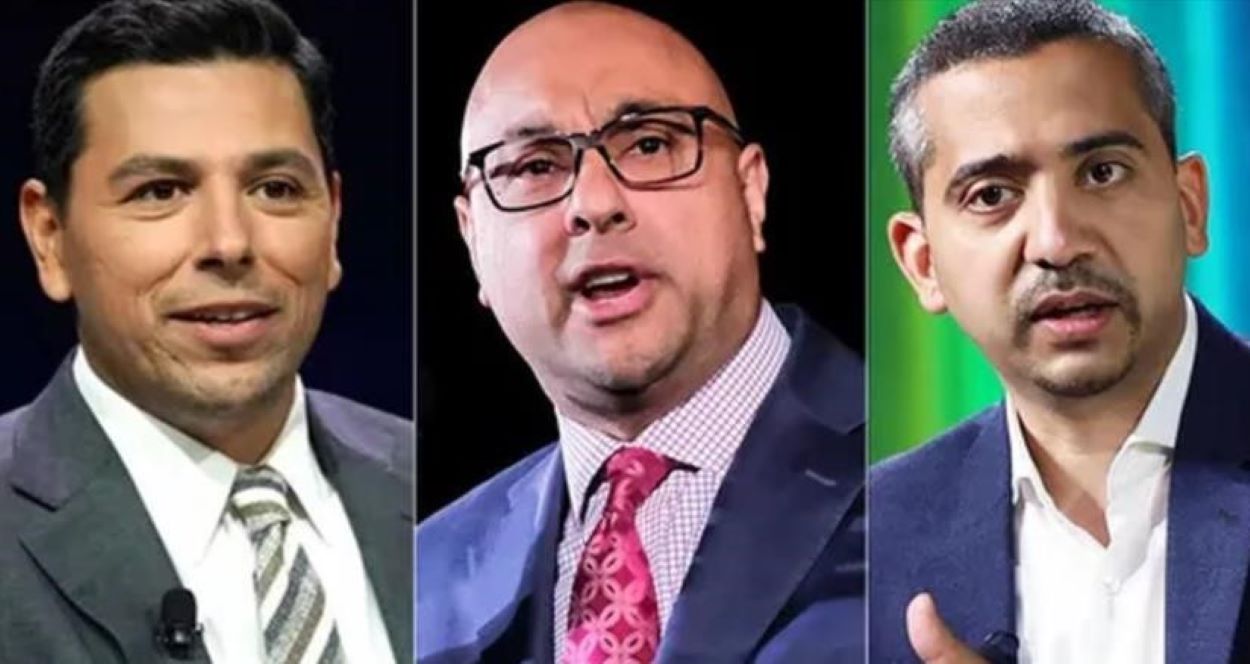Microsoft National Broadcasting Company (MSNBC), a prominent US news network, faced criticism for suspending the shows of three Muslim anchors: Mehdi Hasan, Ayman Mohieddine, and Ali Velshi amid the escalating crisis in the Gaza Strip, has fueled discussions and raised concerns over possible discrimination.
The suspension occurred against the tumultuous backdrop of a recent Hamas attack on Israel, prompting severe retaliatory measures against the Palestinian resistance group in Gaza. The innocent residents of Gaza are now subjected to relentless shelling from Israeli forces, transforming buildings into debris and claiming numerous lives.
Global Repercussions and Ethical Concerns
The dire situation in Gaza, marked by substantial civilian strife and a lack of necessities, has drawn international attention and led to widespread protests advocating for Palestinian rights. Amid this, the suspension of Muslim anchors by MSNBC introduces an ethical dilemma in journalistic standards, inciting global discourse.
While the network denies allegations of unjust treatment towards Hasan and Mohieddine, insider sources confirm the suspension, igniting debate about religious targeting. Critics compare the situation to the post-9/11 atmosphere, emphasizing that the issue surpasses political discord and potentially enters the realm of religious discrimination.
Upholding Journalistic Integrity in Conflict Reporting
The uncertainty following the suspension and MSNBC’s silence on the matter, highlights the critical importance of maintaining journalistic ethics, especially during conflict. Media entities are responsible for unbiased storytelling, and any perceived discrimination compromises their integrity.
Ali Velshi’s continued field reporting does little to quell concerns, as the core issue lies in the halted programs of the three Muslim professionals. This move by MSNBC has scrutinised media ethics, emphasizing the need for news outlets to provide equitable coverage unaffected by their reporters’ attributes.
In the context of the Gaza conflict, such controversies complicate an already delicate reporting environment, underscoring the imperative for news media to navigate these situations with fairness and objectivity.






